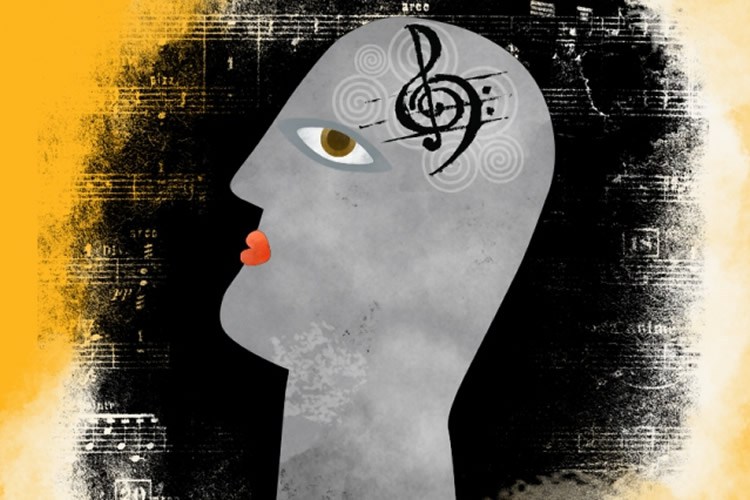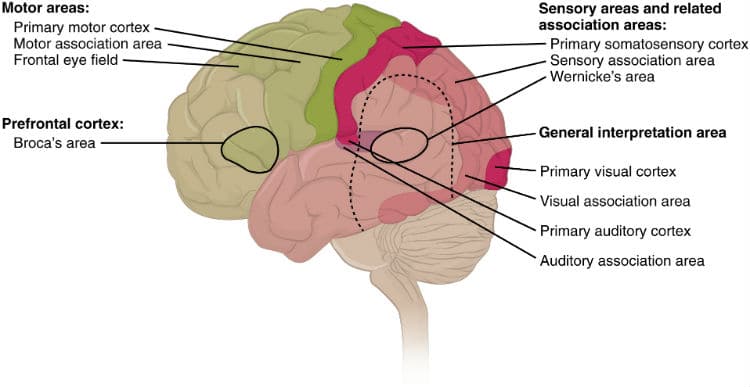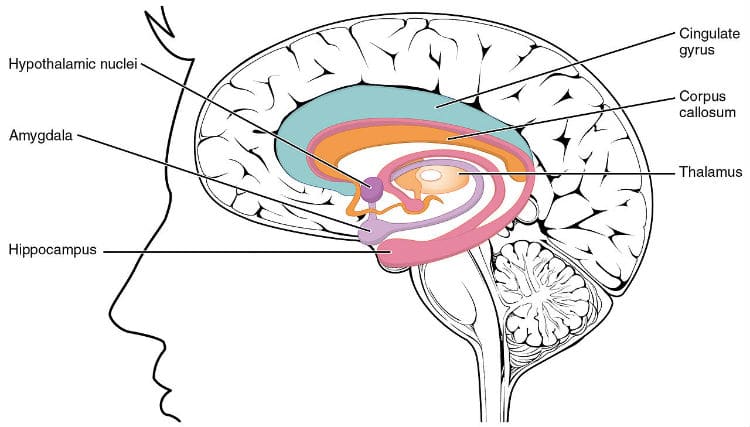
Photo Credit: Wuhuiru55/Wikimedia Commons
If a good beat sends shivers down your spine, you may have a unique brain. According to research published by Social Cognitive and Affective Neuroscience, people whose bodies respond to music have structurally different brains than the rest.
In these individuals, the auditory cortex communicates more efficiently with those brain areas associated with emotional processing. Matthew Sachs, a PhD student at USC and the study’s lead researcher, says this is because far more fibers link the two regions. Such conclusions offer profound scientific and philosophical insights, shedding light on why music has touched so many since the beginning of humankind.
“Together, the present results may inform scientific as well as philosophical theories on the evolutionary origins of human aesthetics, specifically of music,” the study’s authors explain.“Perhaps one of the reasons why music is a cross-culturally indispensable artifact is that it appeals directly through an auditory channel to emotional and social processing centers of the human brain.”
To learn more about the research, check out USC’s podcast on the study.
The primary auditory cortex is roughly located in the center.

Photo Credit: Open Stax College/Wikimedia Commons
According to Medline Plus, emotional processing occurs primarily in the limbic system.

Photo Credit: OpenStax College/Wikimedia Commons
h/t: [IFLSCIENCE!]
Related Articles:
Spectacular Visualizations of Brain Scans Enhanced with 1,750 Pieces of Gold Leaf
Interview: Exploring the Various Emotions Found in Colors with Liisa Härmson
Artist with Synesthesia Paints Music as Gorgeous Splashes of Color
